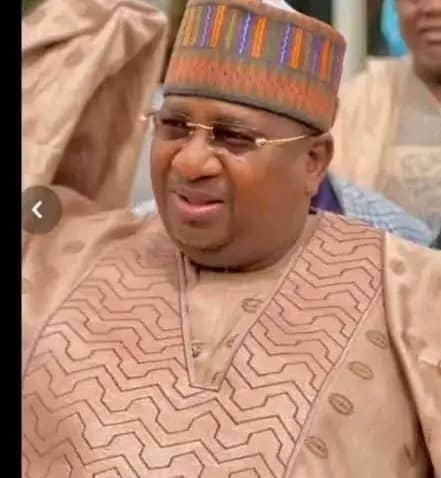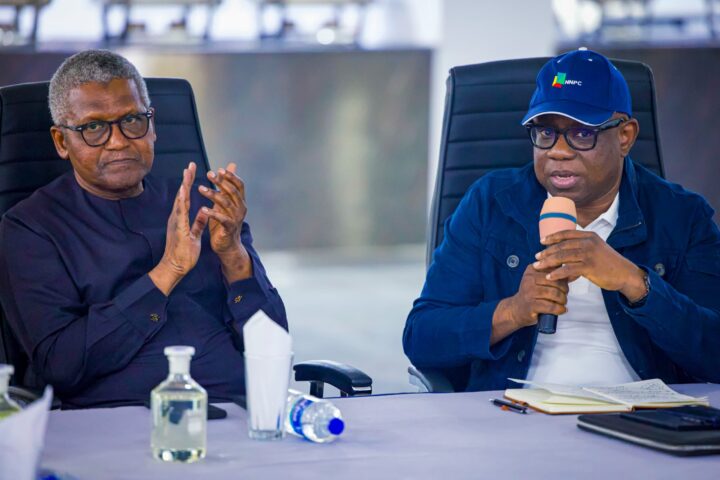Uju Anwukah, Senior Special Assistant to the President on Public Health,says Nigeria has been ranked as the second most malnourished country in the world and the worst in Africa
She disclosed this on Wednesday at the ongoing National Summit on Nutrition and Food Security, hosted by the House Committee on Food and Nutrition.
Speaking on the theme “Strengthening Nutrition Coordination in Nigeria Through the N-774 Initiative,” she said the country signed onto the N-774 initiative to tackle malnutrition from the grassroots.
According to her, the programme has received endorsement from both the Nigerian Governors’ Forum and the National Council on Food Security, highlighting its wide institutional backing.
The Chairman of the House Committee on Food and Nutrition, Hon. Chike Okafor, in his remarks, lamented the devastating economic consequences of malnutrition in the country.
Nigeria loses approximately $1.5 billion annually due to the scourge,she said.
Apart from the health implications, such as stunting, anaemia in women and children, and low birth weight, Okafor stressed that the economic burden is even more alarming.
Citing data from Nutrition International and the World Bank, he said poor nutrition is responsible for a staggering 12.2 percent loss in the country’s Gross National Income, translating to about $56 billion.
He added that food insecurity is further compounded by post-harvest losses, which are estimated by the Food and Agriculture Organisation (FAO) to cost Nigeria about $2 billion each year.
“This loss exceeds the combined nutrition budgets of the Ministries of Agriculture, Health, Education, and Women Affairs,” Okafor stated. “In these challenging economic times, such waste is not just regrettable—it is unsustainable.”
To nip the crisis in the bud,Okafor said the committee is collaborating with stakeholders across the 36 states to initiate new approaches. This includes strategic capacity-building sessions aimed at deepening understanding of Nigeria’s complex food and nutrition landscape.
“We intend to institutionalize these training programmes in partnership with the National Institute for Legislative and Democratic Studies, with continued support from our development partners,” he said.
He further pledged that with improved knowledge, the legislature would be better positioned to provide effective oversight of all nutrition-related programmes, whether implemented by government agencies, international organizations, or NGOs.
He said:“Our goal is not just to increase funding for nutrition,” Okafor concluded, “but to ensure that every naira spent delivers measurable improvements in the lives of Nigerians.”

















